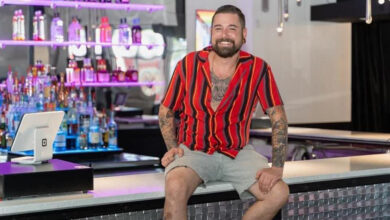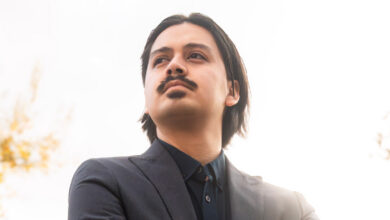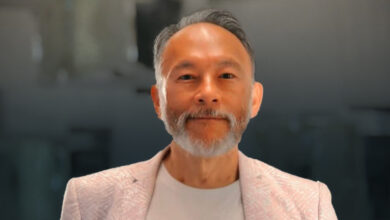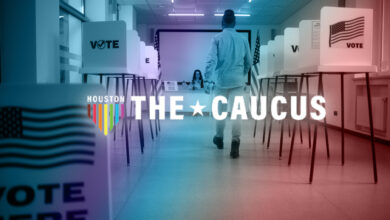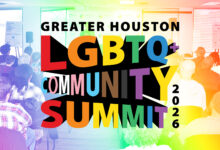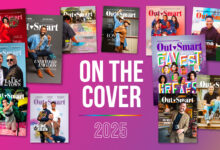Local Allies Share Their Paths to LGBTQ Advocacy and Support
Three straight Houstonians discuss what led them to stand with LGBTQ communities.
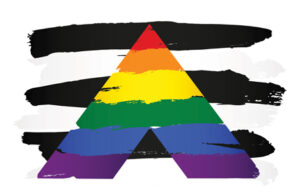
International Allyship Day is celebrated annually on August 8. This day is dedicated to recognizing and promoting the importance of allyship, which involves actively supporting and advocating for marginalized groups, even if you don’t share their specific identity. It’s a day to foster inclusivity, build bridges of support, and stand up for one another.
In the spirit of this day, OutSmart talked with three local heterosexual allies of the LGBTQ community to learn how they became our allies, and the wide variety of actions they take to help advance LGBTQ issues.
Spotlighting Stories
Marian Luntz
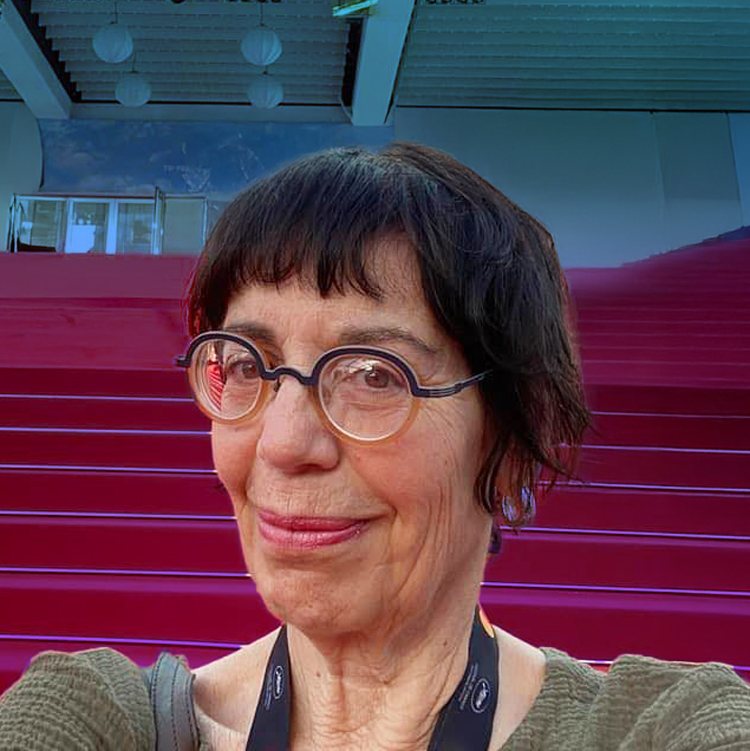
When Marian Luntz was in high school, one of her closest friends came out to her—a surprising event that she took in stride because, she says, she had the good fortune to be raised by very progressive parents. “They were supportive of progressive individuals, candidates, and causes,” she explains.
Luntz has been able to focus her allyship with the LGBTQ community through her more than 35 years of working with films, and primarly independent films. She has worked for the past three decades as the curator of film for the Museum of Fine Arts, Houston (MFAH). Prior to that, she had worked with the Southwest Alternate Media Project (SWAMP), a project dedicated to supporting independent films in Texas. In 1989, the groundbreaking documentary Tongues Untied, a deeply personal film by Marlon Riggs about black queer identity and AIDS was broadcast on PBS stations.
When Houston’s PBS station refused to air it, Luntz’s boss approached MFAH, who agreed to screen it. They even got Riggs to phone in for a question-and-answer session after the screening. It’s an allyship moment that Luntz remembers with fondness.
“It’s important for all of us who are involved in the arts to be inclusive, to give representation to all different voices and perspectives. That’s how I think of our responsibility with the films that we choose to show at the museum,” Luntz says. “We are dedicated to creating these platforms and allowing people to come together and experience films collectively. I continue to support the voices and the visions and the perspectives of all different types of filmmakers.”
In the late 1990s, together with Diverse Works, Rice Media Center, River Oaks Theatre, and other venues, Luntz created the first Houston Gay and Lesbian Film Festival.
“There were many gay and lesbian film festivals all around the world,” says Luntz, “but not in Houston. We knew we had an audience of people interested in seeing the films, and there were people who were making the films.” The festival grew larger and became QFest Houston, but sadly closed down after its 25th year. However, a new “nomadic” screening effort has emerged, known as The Big Queer Picture Show.
Luntz says she came to realize that her allyship in offering LGBTQ films was important during the years of QFest. “Because what we could do was to provide the venue, the theater, and the team,” she says. “We could also include the festival and the films into our regular programming for the museum members. Thus museum members and the public saw that these films were being shown and perhaps it piqued their interest and they came to see something they might not otherwise have been aware of.
“It’s gut-wrenching what is going on in politics today,” she continues, “and I think all we can do is find strength in being united with what we are committed to. For us, that means continuing to show programming—whether it’s reflecting the gay community or any other communities that are at risk—that is strong cinematically and worthy of a spot in our programming.”
Luntz regularly attends the Cannes Film Festival on the Côte d’Azur in Cannes, France. She was there in May of this year for the 78th edition.
She notes that MFAH now has two wonderful theaters: the original Brown Auditorium, and the newer Lynn Wyatt Theater.
Standing Tall
Obes Nwabara
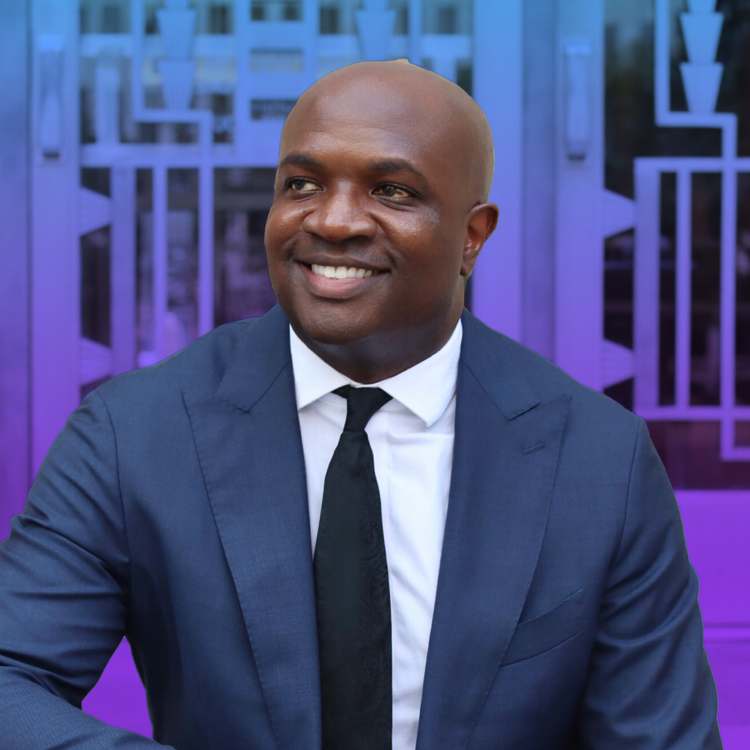
Obes Nwabara is a supply-chain category manager and a candidate for Houston City Council At Large Position 4. He says he came to realize at age 12 that the LGBTQ community needs allies. “I was at a sleep-away basketball camp. Even though I was pretty tall for my age, I hadn’t gone through puberty yet and had a child-sounding voice. I had gone to get pizza and was walking back to my cabin. I walked past a group of older boys who talked loud enough for me to hear them refer to me with a gay slur. That hurt so bad. And I thought, if this is how I feel, how do people who are actually gay feel?”
Nwabara echoes the words of Mahatma Gandhi: “Be the change that you wish to see in the world.” And he believes in leading by example. “I don’t let anybody make disparaging comments about members of the LGBTQ community when they are around me.” Seven years ago, his youngest brother came out. “He identifies as queer and has a boyfriend,” Nwabara notes.
This past June, Nwabara was asked to walk in the Houston Pride parade with his good friend Jon Rosenthal, who was the 2025 Ally Pride Marshal. “He asked me if I would help hold the banner in front of his float,” he says. “It was exhilarating!”
Nwabara hates the efforts by the current administration to roll back LGBTQ rights. “They are trying to make marriage equality illegal again. They’re trying to push everybody back into the closet, back into the shadows. But frankly, the cat’s out of the bag. None of us are going backwards,” he says. “The LGBTQ community is here. They’re going to continue to stay strong, and allies like myself are going to stand by them.”
Faith in Motion
MaryJane Mudd
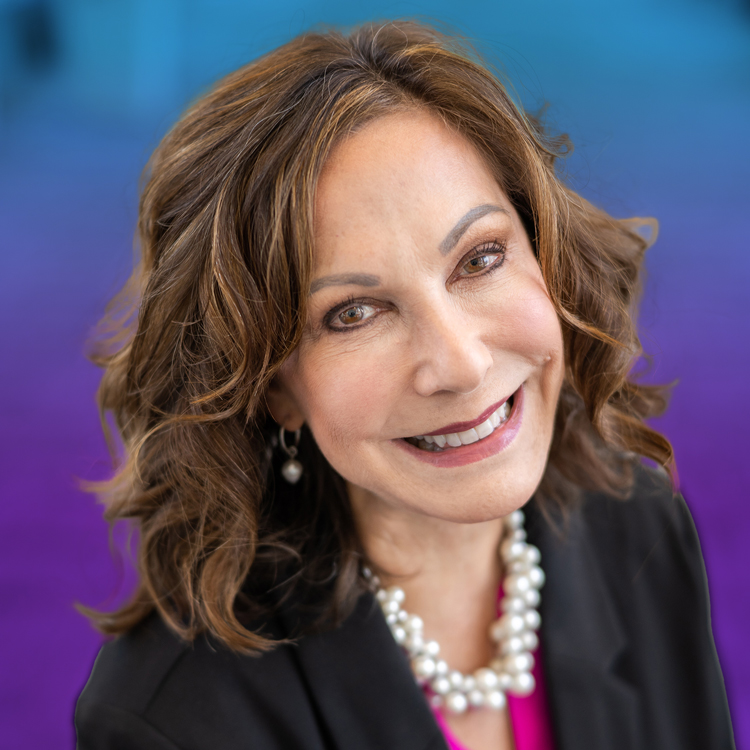
MaryJane Mudd is married, has three daughters, and leads a trade association of corporations. She says that 35 years ago, she was more conservative and didn’t know things that she knows now. Then, through her professional life, she met Tony Shelton, a gay man, and he talked about volunteering with AIDS patients at Bering Omega Community Services (now Avenue 360). “I thought, What kind of lonely situation is that—to have AIDS and not have support?” she says.
Mudd later made the acquaintance of another gay man, Trevor Eade, who invited her to attend a Human Rights Campaign Houston Gala. “The more people I met and the more stories I heard, the more I realized there has to be support,” she confides.
Mudd asked questions about LGBTQ issues in her adult Sunday School class at a conservative church and got the traditional viewpoints. As her thoughts became more and more open, she admits she lost friends—ghosted, unfriended on Facebook, and relationships that drifted away.
But Mudd also realized that people who know her heart were willing to listen to what she had to say and have a respectful discussion. She remembers talking to one woman who is the mother of a trans daughter, who broke down and cried because of the newly restrictive state laws on gender-affirming medical care. Mudd went looking for more information and talked to friends supportive of the trans community. “At times, I have to stop and think and understand,” she says, “but I don’t resist.”
Mudd attended her first Pride parade—when it was still in Montrose—at the invitation of her 16-year-old daughter. “We went and it was great!” she says.
She soon began to ask herself what she would do if she had a child who wanted to transition. “If they didn’t transition, they weren’t going to be happy. Nobody wants an unhappy child,” says Mudd. “We all want happiness for our kids. I just apply empathy.”
Mudd is particularly concerned about the actions of the current political administration. “It’s something about this administration,” she says, “they are targeting the trans community like never before. Ending marriage equality is now bubbling up, and that is where I will get on a plane to DC, in memory of my friend Trevor.”
Mudd remembers she and her daughters wearing bow ties—representing ‘tying the knot’—and posting pictures on Facebook ten years ago. “And now this right might be taken away,” she emphasizes.
Mudd recently shopped online for clothing she sent to Tracy’s Closet at Montrose Grace Place. Although she already has a busy and full schedule, she hopes to volunteer at some point in the future, helping serve meals that Montrose Grace Place provides for LGBTQ homeless kids.
“I do think that opening my heart has given me a richer life,” says Mudd. “I like looking at things from different perspectives. And I do think this is faith in motion—upholding my faith and honoring the friends who helped me get to this place.”


